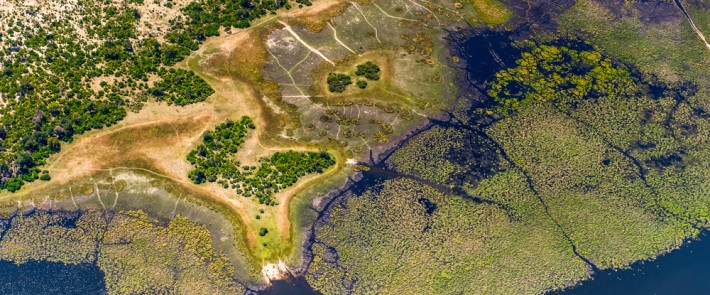What is ecology?
Ecology is the study of the distribution and abundance of organisms, the interaction between organisms, the interaction between organisms and their environment, and structure and function of ecosystems.

Why is ecology important?
Ecology helps us understand how the world works. It provides useful evidence on the interdependence between people and the natural world and, as well the consequences of human activity on the environment.
Can we conserve a habitat and its biodiversity?
Yes. Ecology provides the essential basis for nature conservation. Maintaining a mosaic of habitats ensures the survival of a rich variety of species. For instance, heathland is a valued landscape that is fast disappearing throughout much of Western Europe, but studies have helped identify how to preserve its ecological characteristic.
Can we predict the ecological effects of pollution and climate change?
Governments and citizens around the world are increasingly aware of the consequences of atmospheric pollution and climate change. In large-scale experiments, plants and animals are exposed to carefully controlled atmospheres and different ecological conditions. Scientists use this information to understand how they respond to pollution levels, and make predictions about future climate change.
Can we fish the ocean without depleting its riches?
It is possible, but does depend on where we are in the world. In the Antarctic, the marine ecosystem is currently managed as a whole under an international agreement to conserve living resources. This makes it easier to understand marine communities and their interactions, as well as help monitor threatened species more closely.
How does forest destruction affect bird populations?
About one third of forest bird species cannot live in small remnants of forests. The smaller birds such as the forest robin will use patches as small as 10 ha and the largest species, such as the brown-cheeked hornbill, need patches bigger than 10 square km. Forests across the world today continue to be cleared and converted into different land uses. For example, by 2005, over 80% of the high-forest in Ghana had been cleared in just 100 years. Fortunately, researchers have used ecological studies to advise on the effects land-conversion has on native species.
Should mangroves be protected?
Mangroves play a number of ecological roles from fixing sediments to acting as nursery site for young fish. Mangrove forests are also a source of food, medicine and firewood for local populations. Mangrove forest is thus a multipurpose ecosystem, and ecologists’ understanding of this unique ecosystem has shown they are very sensitive to change and require sustainable management to preserve their biodiversity.
http://www.britishecologicalsociety.org/about/what-is-ecology/








